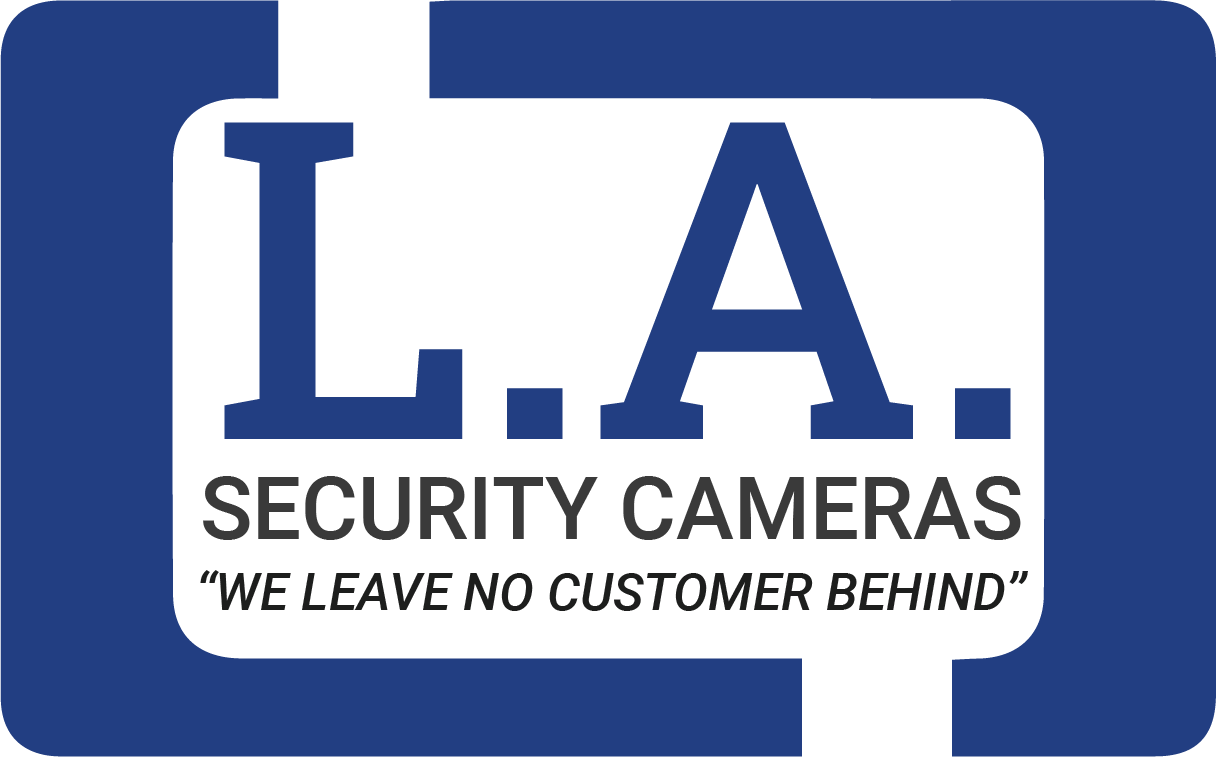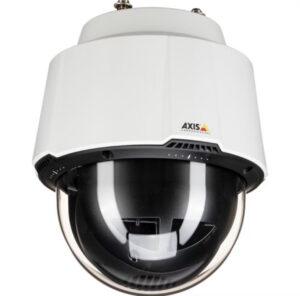Security cameras play a crucial role in maintaining safety and security within courthouses. They help monitor the activities in and around the building, deter criminal behavior, and provide valuable evidence in the event of an incident.
When implementing Commercial Court Houses Security Camera in a courthouse, consider the following factors and features:
- Indoor and outdoor cameras: Courthouses require a combination of indoor and outdoor cameras to ensure comprehensive coverage of the building and its surroundings. Outdoor cameras should be weatherproof and vandal-resistant, while indoor cameras may need to be discreet and blend with the aesthetics of the building.
- High-resolution cameras: High-resolution cameras (e.g., 1080p or 4K) provide clearer and more detailed footage, which can be essential for identifying faces or capturing evidence in case of an incident.
- Wide field of view: Cameras with a wide field of view can cover larger areas, which is beneficial in large spaces like courtrooms, hallways, and waiting areas.
- Night vision: Ensure that security cameras have night vision or infrared capabilities to capture clear footage in low-light conditions or during nighttime hours, especially for outdoor cameras monitoring the perimeter of the building.
- Motion detection: Cameras with motion detection can send alerts or start recording when they detect movement. Potentially conserving storage space and making it easier to review relevant footage.
- Remote monitoring: Choose commercial court Houses security cameras that offer remote monitoring capabilities. Allowing security personnel or law enforcement to view live or recorded footage from a computer or mobile device.
- Wired or wireless: Depending on the courthouse’s infrastructure and preferences. You can choose between wired and wireless security cameras. Wired cameras may offer a more reliable connection but require professional installation. While wireless cameras can be easier to install but may experience occasional signal interference.
- Video storage: Security cameras can store footage on local storage devices, such as SD cards or network video recorders (NVRs), or cloud-based storage solutions. Consider the storage capacity, accessibility, and security of the chosen storage method.
- Integration with other security systems: Courthouses often have multiple security systems in place, such as access control, metal detectors, and alarm systems.
By carefully evaluating the security needs of a courthouse and selecting the appropriate cameras and features, you can create a robust and effective surveillance system that helps protect the building, its employees, and the public.
Courthouses, while generally secure environments, can sometimes be the site of various crimes or security incidents. Some of the crimes that may occur in and around courthouses include:
- Assault: Physical altercations may arise between parties involved in legal disputes. Or between inmates who are being transported to or from the courthouse.
- Disorderly conduct: Emotional tensions often run high in courthouses, and individuals may become disruptive, aggressive, or verbally abusive.
- Vandalism: Damage to courthouse property, such as graffiti or destruction of fixtures. Can occur both inside and outside the building.
- Theft: Personal belongings, such as wallets or electronic devices, may be stolen from unattended bags or from courthouse employees’ offices.
- Bomb threats: Courthouses may receive bomb threats, which can lead to evacuations.
- Witness intimidation: Individuals involved in criminal cases may attempt to intimidate. Or harass witnesses or other parties involved in the case while they are at the courthouse.
- Smuggling of weapons or contraband: Despite security measures like metal detectors and searches. Individuals may attempt to smuggle weapons, drugs, or other prohibited items into the courthouse.
- Escape attempts: Inmates being transported to or from the courthouse may attempt to escape custody. Potentially leading to dangerous situations for law enforcement and the public.
- Cybercrimes: Courthouses store sensitive information, and cybercriminals may target their computer systems to access confidential data or disrupt operations.
- Trespassing: Unauthorized individuals may attempt to enter restricted areas of the courthouse. Either to gain access to sensitive information or to cause disruption.
Call Us Now for a FREE Estimate
(213) 761-7900

